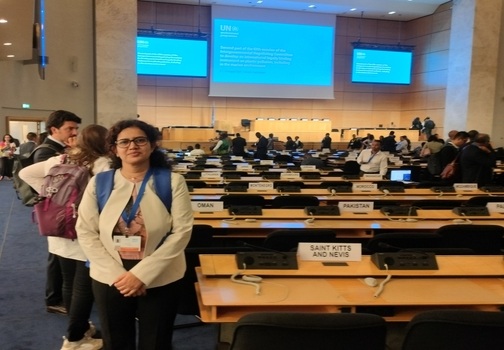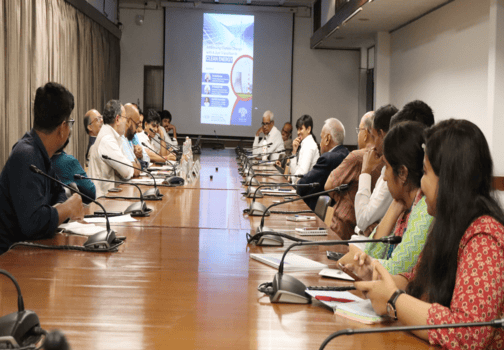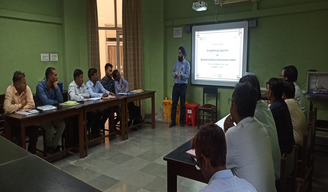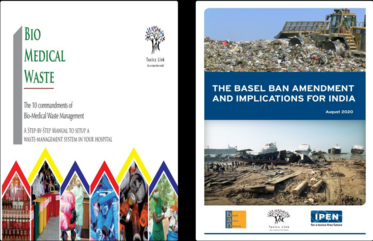The Basel, Rotterdam, and Stockholm (BRS) Conventions’ Conferences of the Parties
Hazardous chemicals and waste continue to pose hidden threats to human health, ecosystems, and economic stability. The growing use of complex substances, such as persistent organic pollutants (POPs), often referred to as “forever chemicals”, in both industrial processes and everyday consumer goods has made their management increasingly challenging. Despite their widespread use, only a limited number of chemicals on the market have undergone thorough evaluation for their potential health and environmental impacts. Compounding the issue, waste shipments frequently cross international borders without adequate transparency or knowledge about their contents, which may include toxic metals or dangerous compounds.
The 2025 Triple COPs—the joint meetings of the Basel, Rotterdam, and Stockholm Conventions—were held in Geneva from April 28 to May 9, bringing together representatives from 191 countries to discuss global chemical and waste challenges. Under the theme “Make Visible the Invisible,” the event emphasized the need to address the often-overlooked threats posed by hazardous substances to human health, the environment, and economic development.
Under the Basel Convention, major outcomes included the revision of Annex IV, which governs how waste is defined and tracked across borders, and the adoption of a strategic framework to monitor country progress. New waste streams, such as textile waste and nanomaterials, entered discussions, and technical support was committed to developing countries, especially for the implementation of plastic waste amendments.
The Rotterdam Convention added Carbosulfan and Fenthion (ULV formulations) to Annex III, bringing them under the Prior Informed Consent (PIC) procedure. However, consensus was not reached on the listing of other controversial substances like methyl bromide, chlorpyrifos, and chrysotile asbestos, with India expressing reservations. A decision was also taken to improve the functioning of the Chemical Review Committee, which plays a key role in chemical evaluation.
The Stockholm Convention achieved significant progress by listing chlorpyrifos, MCCPs, and LC-PFCAs under Annex A for global elimination, while allowing limited exemptions for certain uses. In a rare and controversial move, the COP reopened discussions on UV-328, granting temporary exemptions for use in the aircraft industry, despite criticism from civil society groups concerned about weakening precedent.
Toxics Link continued its participation at the BRS COPs and associated side events and contributed to discussions advocating for the sustainable management of chemicals and wastes. Mr Piyush Mohapatra, Senior Programme Coordinator, Toxics Link, represented the organisation at the BRS COPs, sharing valuable insights and expertise.






